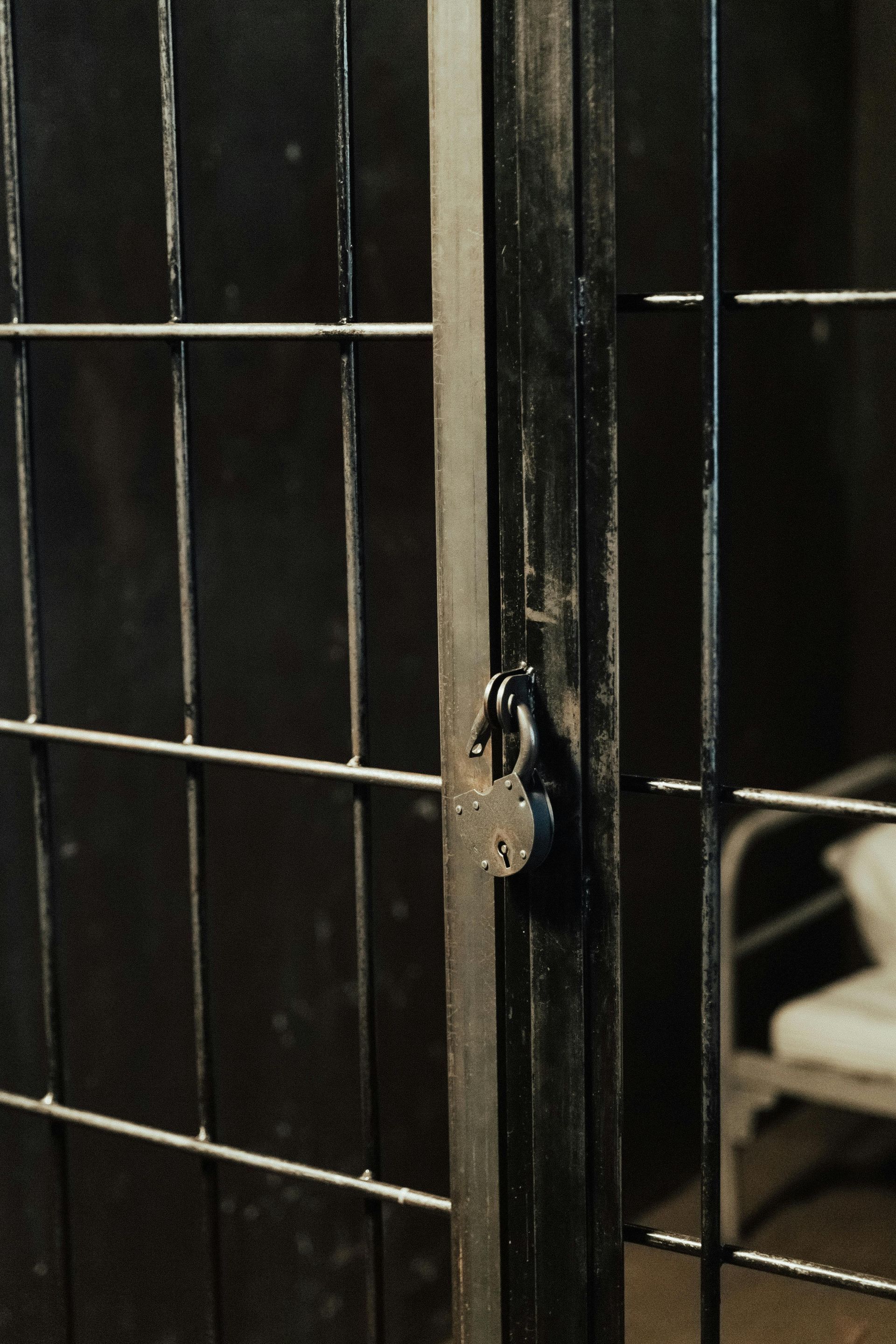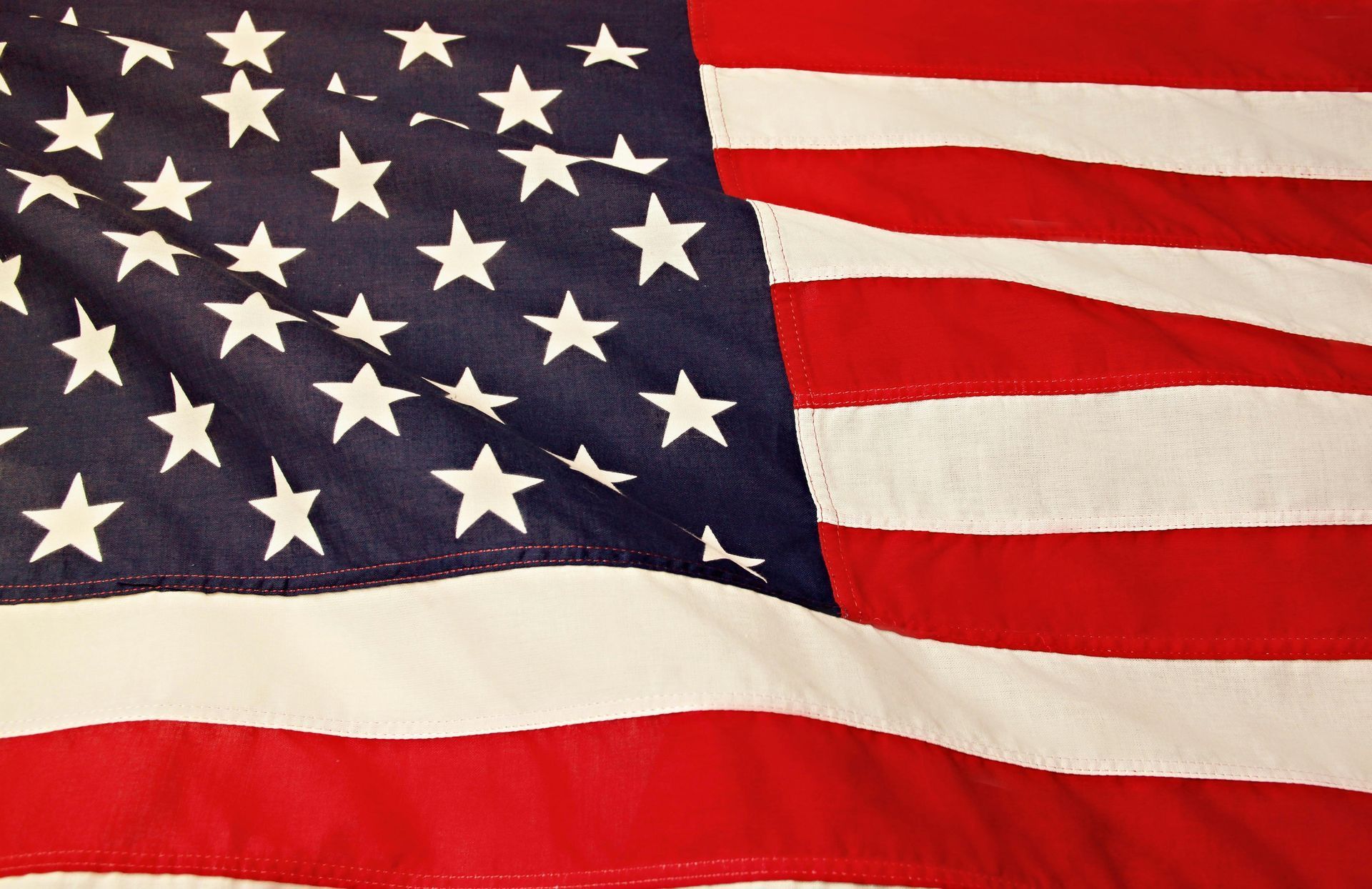New USCIS H1B FAQs Provide Essential Updates for H1B Visa Holders
The U.S. Citizenship and Immigration Services (USCIS) recently published updated FAQs for H-1B visa holders, offering significant clarifications and updates. These changes aim to bring clarity and consistency to the H-1B program, helping individuals better navigate their visa status complexities.
Key Takeaways from the Updated USCIS H1B FAQs
Priority Date Retention:
One of the most critical updates concerns priority date retention. Once an I-140 is approved for an individual in H-1B status, the priority date is locked in. The only circumstances under which this priority date can be lost are if the I-140 approval is revoked due to agency error, fraud, or willful misrepresentation of a material fact. This provides a significant assurance to H-1B holders planning their immigration journey. Having a locked-in priority date is essential for many visa holders as it allows them to plan their long-term stay and transition to permanent residency in the United States without the fear of losing their place in the visa queue.
Impact of Employer Withdrawal:
Another vital clarification from USCIS is regarding the impact of employer withdrawal. USCIS clarified that if an I-140 has been approved for at least 180 days, it will not be revoked solely because the employer withdraws the approval. This means the priority date and the ability to extend H-1B status beyond six years remain unaffected, offering more stability for H-1B workers facing employer changes. This update is particularly beneficial for individuals who may need to change employers due to layoffs, better job opportunities, or other reasons. Knowing that their priority date and visa status are secure even if their previous employer withdraws the I-140 can provide significant peace of mind.
Options After Job Termination:
In cases where an H-1B job is terminated, the individual has several options to remain in the U.S. beyond the 60-day grace period. These include filing for a change of nonimmigrant status, adjustment of status, compelling circumstances Employment Authorization Document (EAD), or becoming the beneficiary of a petition to change H-1B employers. Understanding these options is crucial for H-1B holders who may unexpectedly lose their jobs. By being aware of their rights and the various pathways available to them, they can take timely actions to maintain their legal status in the U.S. and avoid the potential repercussions of falling out of status.
Entrepreneurship Clarifications:
USCIS now explicitly states that a company in which the H-1B beneficiary has a controlling interest—more than 50% ownership or majority rights—may qualify as the employer and can petition for H-1B status on the individual’s behalf. This is a significant update encouraging entrepreneurship among H-1B visa holders. The clarification opens new doors for H-1B holders who have entrepreneurial aspirations but were previously unsure about the feasibility of starting their own businesses under H-1B status. It also promotes innovation and job creation, as these individuals can now confidently pursue their business ventures while maintaining their visa status.
Filing Timelines:
The FAQ confirms that the timing of filing an H-1B petition within the 90-day window is irrelevant as long as it is filed within the window. This clarification helps eliminate unnecessary rush and confusion around the filing process. Previously, there was often a scramble to file petitions at the earliest possible date, leading to stress and potential errors. With this update, H-1B petitioners can plan their filings more strategically, ensuring that all necessary documents and information are thoroughly prepared and reviewed before submission. This change not only benefits the petitioners but also helps USCIS by reducing the likelihood of incomplete or incorrect filings.
Detailed Examination of Each Update
To better understand the impact of these updates, let's delve deeper into each key area.
Priority Date Retention: A Lifeline for Immigrants
The priority date is a critical aspect of the U.S. immigration system. It essentially determines an individual's place in line for an immigrant visa. For many H-1B holders, this date represents years of waiting and planning. Losing a priority date due to unforeseen circumstances can set back an individual's immigration plans by years. The USCIS's clarification that priority dates remain secure unless there is proven fraud or error provides a lifeline for many immigrants. It means they can confidently plan their future, knowing that their place in the visa queue is protected.
The priority date is a critical aspect of the U.S. immigration system. It essentially determines an individual's place in line for an immigrant visa. For many H-1B holders, this date represents years of waiting and planning. Losing a priority date due to unforeseen circumstances can set back an individual's immigration plans by years. The USCIS's clarification that priority dates remain secure unless there is proven fraud or error provides a lifeline for many immigrants. It means they can confidently plan their future, knowing that their place in the visa queue is protected.
Impact of Employer Withdrawal: Stability in Uncertain Times
The job market can be volatile, and the recent economic shifts have made job security a pressing concern for many. The clarification that an I-140 approval remains valid even if an employer withdraws it after 180 days is a game-changer. It offers a safety net for H-1B holders, ensuring that a change in employment doesn't derail their immigration process. This stability is crucial for individuals who might need to change jobs due to layoffs, better opportunities, or personal reasons. It allows them to focus on their careers without the added stress of potentially losing their immigration status.
Options After Job Termination: Pathways to Stay in the U.S.
Job termination is a challenging situation for any visa holder. However, the updated FAQ provides a roadmap for H-1B holders facing this scenario. The 60-day grace period is a valuable buffer, giving individuals time to explore their options. Filing for a change of nonimmigrant status, such as switching to a dependent visa if married to another H-1B holder, can be a viable solution. Adjustment of status, for those eligible to apply for permanent residency, offers another pathway. Additionally, the compelling circumstances EAD can be a lifeline for individuals facing extraordinary circumstances. Understanding these options ensures that H-1B holders can make informed decisions and take timely actions to maintain their legal status.
Entrepreneurship Clarifications: Encouraging Innovation
The entrepreneurial spirit is a cornerstone of the American economy, and many H-1B holders have the skills and vision to contribute to this landscape. The clarification that H-1B holders can start their own companies and petition for their H-1B status is a significant boost for aspiring entrepreneurs. This update encourages innovation and job creation, as these individuals can now confidently pursue their business ideas. It also aligns with broader economic goals of fostering a vibrant and dynamic business environment. For H-1B holders, this means they can take the leap into entrepreneurship without the fear of jeopardizing their visa status.
Filing Timelines: Reducing Stress and Errors
The USCIS's confirmation regarding the filing timelines addresses a common concern among H-1B petitioners. Previously, there was a misconception that filing as early as possible within the 90-day window was necessary to secure approval. This often led to rushed filings, with petitioners scrambling to gather documents and information. The clarification that the timing within the 90-day window is irrelevant reduces this pressure. It allows petitioners to take their time, ensuring that their filings are complete and accurate. This not only benefits the petitioners but also helps USCIS by reducing the number of incomplete or incorrect filings, leading to a more efficient processing system.
Conclusion: Embracing the Changes
These USCIS updates bring clarity to the H-1B program, helping visa holders understand their rights, promoting stability, and encouraging entrepreneurship. By staying informed about these changes, H-1B holders can better navigate priority date retention, job changes, and entrepreneurial opportunities. For more details, visit the USCIS website.
Understanding these updates is crucial for securing your H-1B status and planning your future in the U.S. These changes offer valuable guidance for making informed decisions and leveraging opportunities for a prosperous future. As the immigration landscape evolves, staying proactive and informed is key to success.











